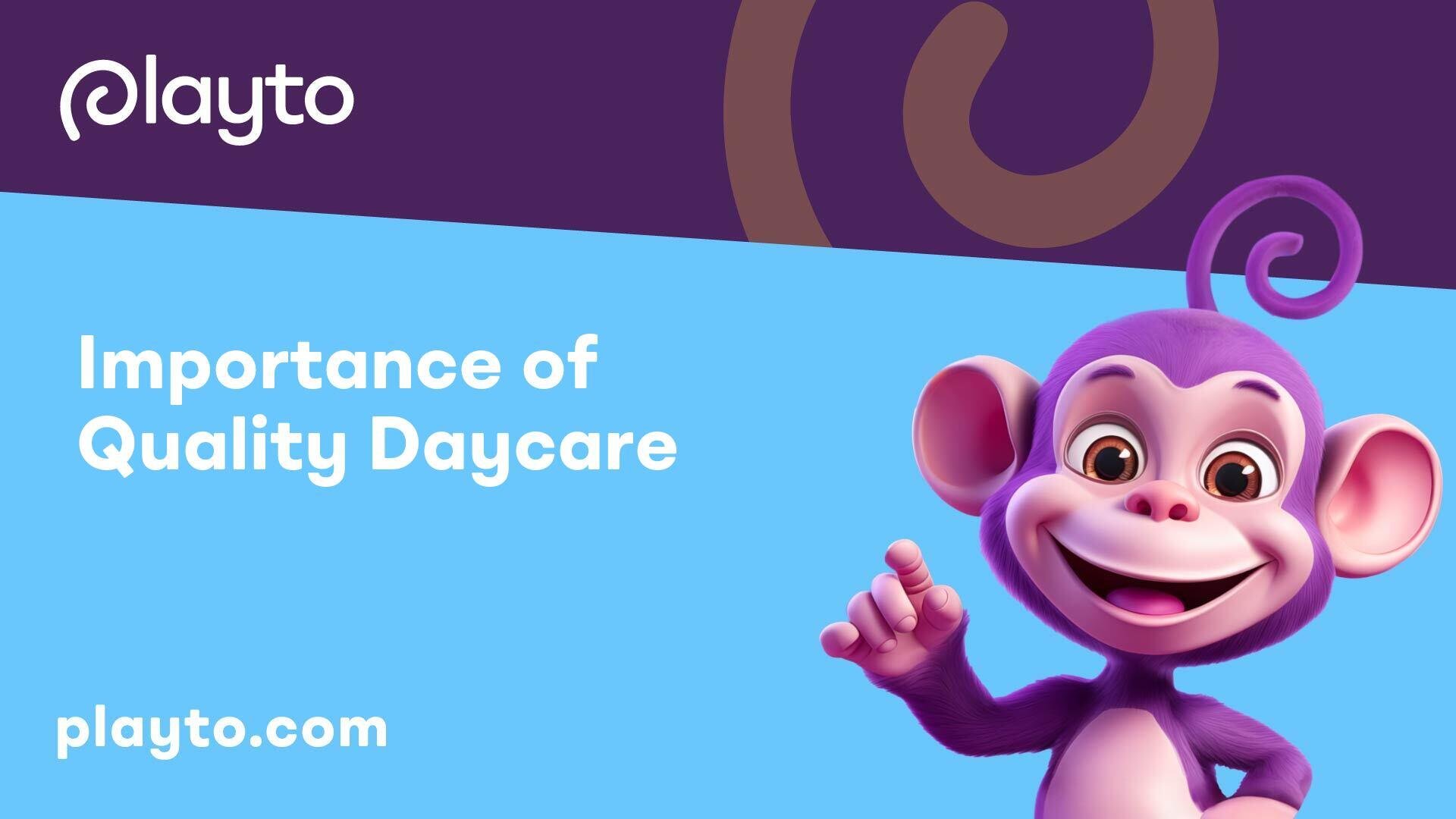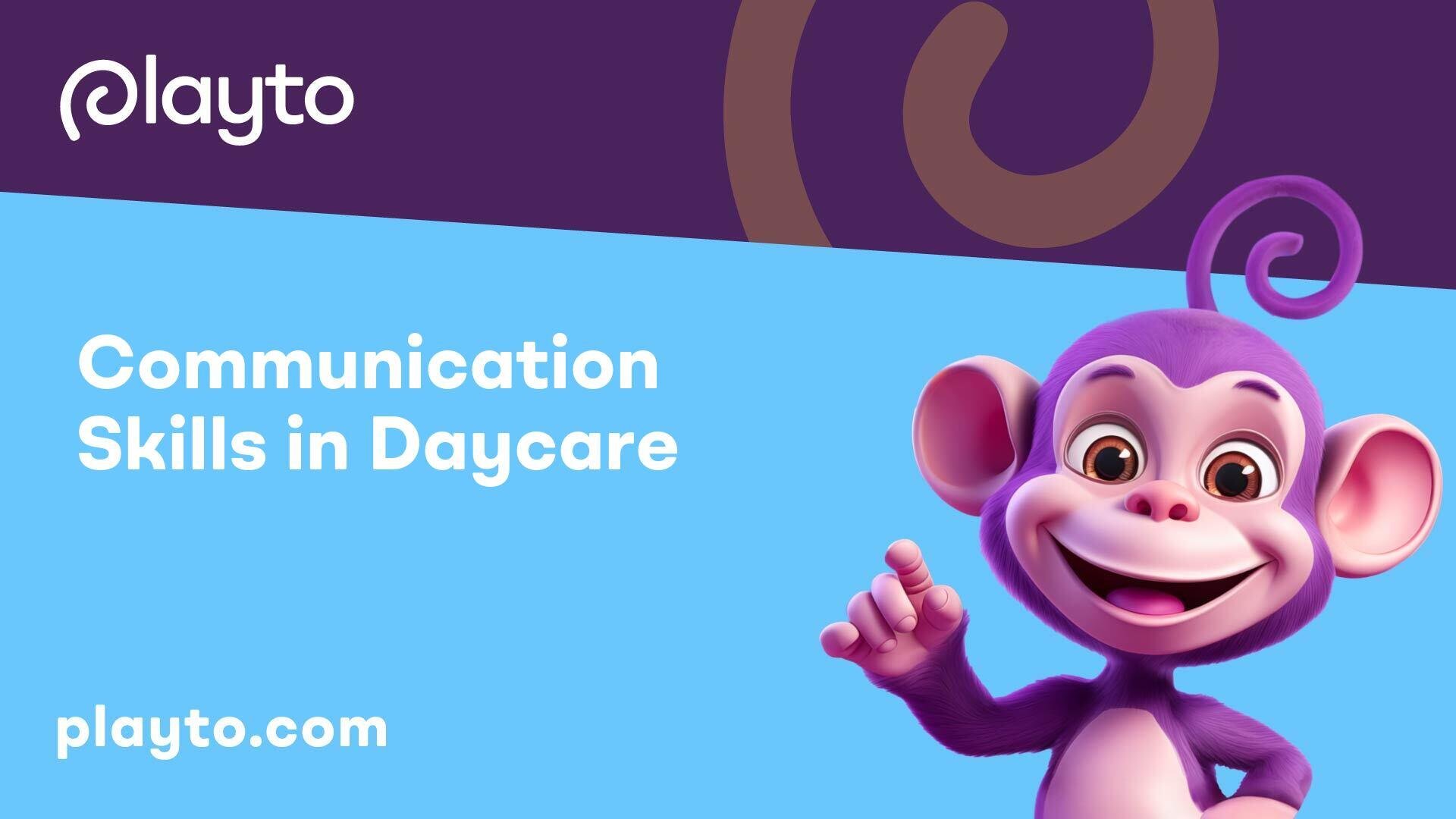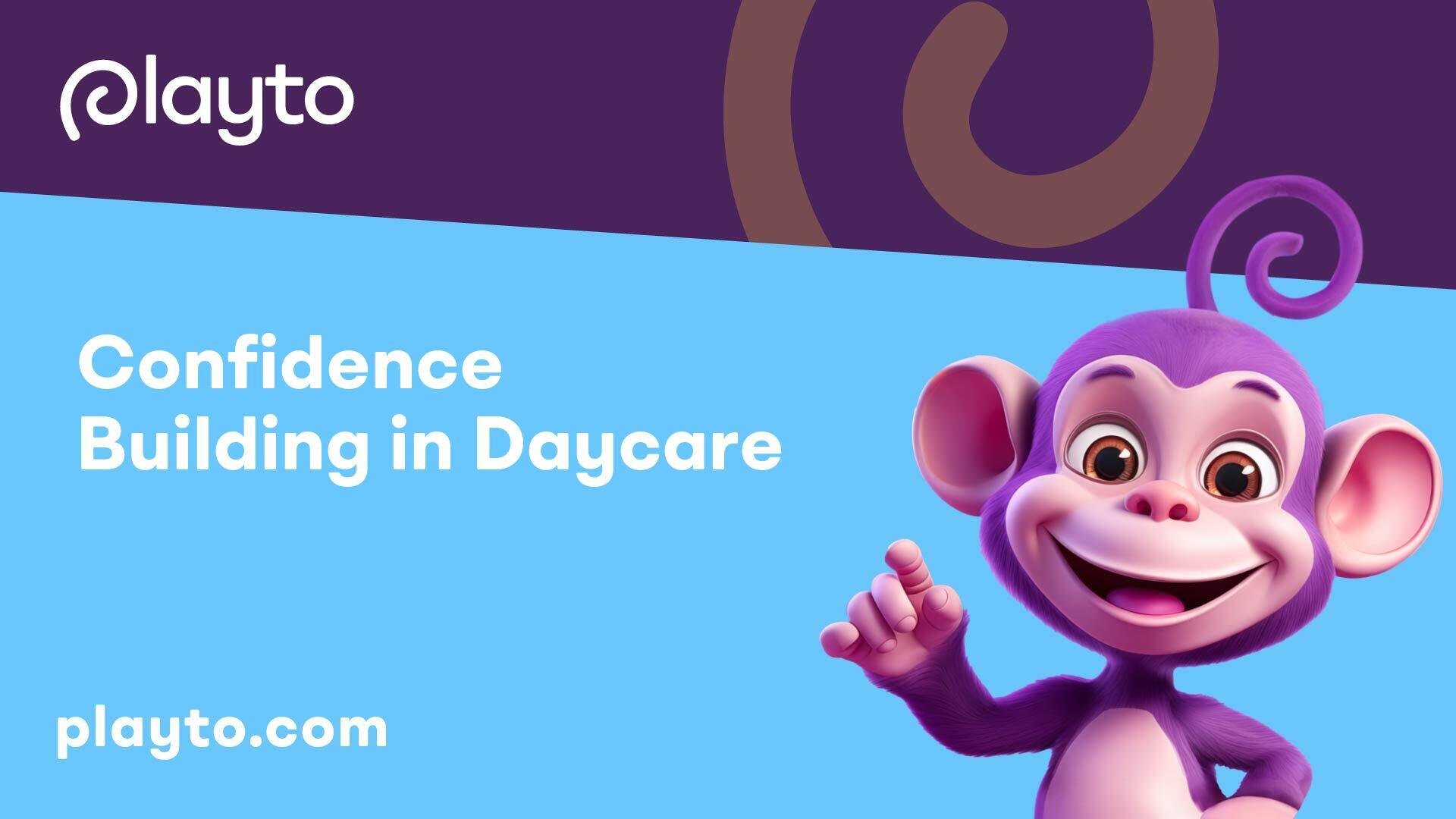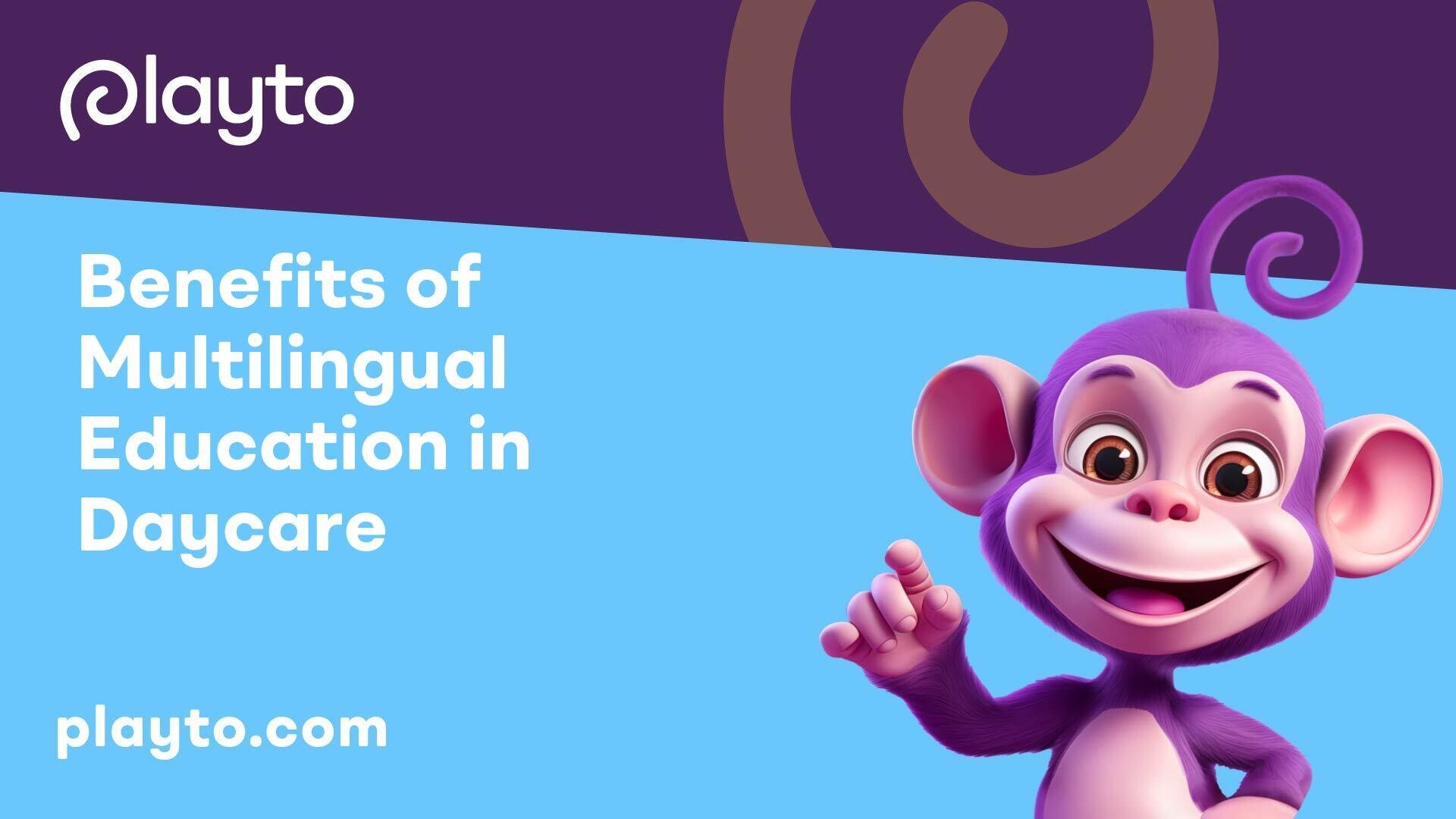
Importance of Quality Daycare
Quality daycare plays a pivotal role in shaping the foundational aspects of children's development. It influences not only their social and emotional growth but also their cognitive advancement and preparedness for academic success.
Social and Emotional Development
Enrolling in a high-quality daycare center can have a profound impact on children's social and emotional development. According to Cadence Education, quality daycare programs provide consistent socialization and play opportunities in early childhood, fostering higher levels of empathy, resilience, and prosocial behavior. This early exposure to social interactions helps children cultivate essential skills that contribute to their emotional well-being and future relationships.
Cognitive Growth and School Readiness
Quality daycare programs significantly contribute to children's cognitive growth and readiness for formal schooling. Through structured activities that engage their senses and stimulate cognitive development, daycare centers lay a solid foundation for later education. By providing a stimulating learning environment, children are motivated to explore, discover, and develop a love for learning, as indicated by Cadence Education.
Academic Success
The impact of quality daycare extends beyond early childhood, setting the stage for long-term academic success. Children who attend reputable daycare and early childhood education programs are more likely to graduate high school and pursue higher education opportunities. The structured learning experiences and supportive environments in quality daycares set children on a path towards achieving academic milestones and fulfilling their educational potential.
The multifaceted benefits of quality daycare encompass social and emotional development, cognitive growth, and academic achievement, demonstrating the crucial role that early childhood education plays in nurturing well-rounded and successful individuals.

Communication Skills in Daycare
Effective communication skills are essential for children's social and academic development. In a daycare environment, children have the opportunity to enhance their communication skills through various interactions and language development activities.
Interaction Opportunities
Daycare settings provide a rich environment for children to engage in diverse interactions with their peers and caregivers. These interactions help children develop essential communication skills such as listening, speaking, and turn-taking. According to a study by Taylor & Francis Online children in multilingual daycare centers adapt their ways of speaking to different interlocutors, demonstrating flexibility in their communication styles.
Encouraging children to participate in group activities, engage in conversations, and express their thoughts and feelings fosters their confidence and communication abilities. Through structured play and social interactions, children learn to navigate social norms, express themselves effectively, and collaborate with others, laying a strong foundation for their future interpersonal relationships.
Language Development
Language development plays a vital role in shaping children's communication skills. Exposure to multiple languages in a daycare setting can significantly enhance children's communication abilities, even if they primarily speak one language. Research published in NCBI shows that infants with multilingual exposure demonstrate superior performance in understanding verbal requests compared to monolingual infants.
Integrating language learning into play-based activities is an effective way to promote language development in daycare. By incorporating language-rich experiences like puppet shows, board games, role-playing, arts and crafts, sing-alongs, and sensory play, children engage in language learning in a fun and engaging manner. These activities stimulate children's curiosity and creativity while expanding their vocabulary and communication skills.
In a multilingual daycare environment, children have the unique opportunity to learn and appreciate different languages and cultures. This exposure not only enhances their communication skills but also instills a sense of respect for diversity and a curiosity for exploring new ways of expression. By fostering a supportive and inclusive language-rich environment, daycare centers play a crucial role in nurturing children's communication skills and preparing them for a dynamic and interconnected world.

Confidence Building in Daycare
Confidence is a key attribute that children develop during their time in daycare. By fostering a positive and supportive environment, daycare programs play a pivotal role in nurturing children's self-assurance. In this section, we delve into how daycare centers encourage independence and foster competence to build confidence in children.
Encouraging Independence
Quality daycare programs, as highlighted by Cadence Education, focus on instilling independence in children. By encouraging young learners to take on tasks and make choices autonomously, daycare providers empower children to develop a sense of self-reliance. Through activities that allow children to explore their capabilities and take on age-appropriate responsibilities, daycare centers lay the foundation for self-confidence.
Daycare environments that support independence help children build essential life skills and problem-solving abilities. By allowing children to engage in tasks such as tidying up, selecting activities, or making simple decisions, daycare programs promote a sense of autonomy and accomplishment in young learners.
Fostering Competence
In addition to promoting independence, daycare centers place a strong emphasis on fostering competence in children. According to WorldKids School, encouraging children to take pride in their cultural heritage contributes to building self-confidence, self-identity, and self-esteem. By acknowledging and celebrating diversity, daycare programs create inclusive environments that validate children's unique backgrounds and experiences.
Daycare activities that focus on individual strengths and interests help children recognize their competencies and talents. From art projects to role-playing scenarios, daycare programs provide opportunities for children to showcase their skills and creativity. By offering positive reinforcement and recognition for achievements, daycare teachers boost children's confidence in their abilities and talents.
Through a combination of independence-building exercises and competence-fostering activities, daycare programs lay the groundwork for children to navigate challenges and interact with peers and adults with self-assurance. By emphasizing the importance of respecting individuality and fostering a culture of inclusivity, daycare centers contribute significantly to the development of confident, empowered young learners.
Incorporating language learning into the daycare curriculum, as emphasized by Safe Search Kids, is a powerful way to enhance children's confidence. Exposure to multilingual environments not only promotes cognitive development but also encourages children to embrace linguistic diversity, fostering a sense of curiosity and openness towards different languages and cultures. Through interactive language learning methods and play-based activities, children in daycare settings can build language skills while gaining confidence in their communication abilities.
Benefits of Multilingual Education
Cognitive Development
The benefits of multilingual education in daycare extend beyond just language acquisition. Studies have shown that bilingual education has a profound impact on children's cognitive development, promoting greater mental agility and enhancing various cognitive skills. Bilingual children exhibit enhanced cognitive flexibility, allowing them to adapt to different situations and think creatively.
The process of learning multiple languages stimulates the brain, leading to increased neural activity in areas responsible for problem-solving and critical thinking. Bilingual children also have an improved ability to hold more information in working memory, which enhances their overall cognitive abilities. The mental challenges of juggling multiple languages cultivate a sharper mind and improved cognitive skills that can benefit children throughout their academic journey.
Communication Skills Enhancement
Another significant advantage of multilingual education in daycare is the enhancement of children's communication skills. Exposure to multiple languages from an early age fosters a deeper understanding and appreciation of different forms of communication. Even children who are effectively monolingual can benefit from multilingual exposure in terms of communication skills.
Research has shown that infants exposed to multiple languages demonstrate better performance in understanding a speaker's request compared to monolingual infants, indicating an early advantage in communication skills [4]. This early exposure to multilingualism lays a strong foundation for effective communication and interpersonal skills, providing children with a valuable asset in today's diverse and interconnected world.
By incorporating multilingual education in daycare settings, children not only develop proficiency in different languages but also nurture strong communication skills that will serve them well in their personal, academic, and professional lives. The ability to effectively communicate across various linguistic and cultural contexts broadens children's perspectives and equips them with essential skills for success in an increasingly globalized society.
Global Preparation Through Bilingual Education
In the realm of education, bilingualism is increasingly recognized as a valuable asset that opens doors to a myriad of opportunities. Through bilingual education, children not only acquire language skills but also develop a deep appreciation for diverse cultures and unlock career opportunities that span across international boundaries.
Love for Different Cultures
Exposure to multilingual education fosters a love for different cultures among children. By learning multiple languages from a young age, they gain insight into various traditions, customs, and ways of life from around the world. This cultural awareness instills a sense of empathy, respect, and curiosity towards individuals from different backgrounds, contributing to a more inclusive and harmonious society.
Career Opportunities
In today's globalized world, bilingualism is a highly prized skill that transcends linguistic barriers. Employers actively seek professionals who are proficient in multiple languages due to the increasing interconnectedness of markets and the diverse nature of business transactions. Children who embrace bilingual education early on lay a solid foundation for excelling in the workforce, as noted by The Step by Step School. They become versatile individuals capable of effectively communicating with a broader range of stakeholders, leading to enhanced career prospects and professional growth.
By integrating multilingual education into daycare settings, children develop the skills and mindset necessary to thrive in a globalized society. The ability to communicate fluently in multiple languages not only expands their academic and professional horizons but also instills in them a deep-seated appreciation for diversity and a lifelong love for exploring different cultures. This, in turn, equips them with the tools needed to navigate the complexities of an interconnected world with confidence and competence.
For more information on the benefits of multiculturalism in daycare and preschool environments, check out the insights provided by WorldKids School.
Multiculturalism in Daycare
In a world where multiculturalism is increasingly prevalent, the benefits of incorporating multilingual education in daycare settings are becoming more apparent. Multiculturalism in daycare settings goes beyond language learning; it plays a significant role in shaping children's cultural awareness and tolerance while nurturing global perspectives.
Cultural Awareness and Tolerance
Multicultural daycares provide children with a unique opportunity to learn about different cultures, traditions, and languages from an early age. Exposure to diverse cultural backgrounds helps children develop a sense of cultural awareness and appreciation for the richness of global diversity.
Learning about other cultures promotes tolerance and respect for differences, instilling values of inclusivity and acceptance in young minds. By interacting with peers from various cultural backgrounds, children gain a better understanding of the world around them and learn to embrace diversity.
Nurturing Global Perspectives
Through multiculturalism in daycare settings, children are exposed to a wide range of perspectives, beliefs, and customs that shape their worldview. By participating in activities that celebrate different cultures and languages, children develop a more inclusive mindset and a curiosity about the world beyond their immediate environment [5].
Nurturing global perspectives from a young age helps children become more open-minded, empathetic, and culturally sensitive individuals. They grow up with a broader understanding of the interconnectedness of the world and are better equipped to navigate diverse social settings throughout their lives.
Incorporating multiculturalism in daycare education not only enriches children's learning experiences but also equips them with essential skills and attitudes for thriving in an increasingly interconnected and diverse global society. By fostering cultural awareness, tolerance, and global perspectives, multicultural daycare environments help shape future generations of confident, empathetic, and inclusive individuals.
Language Acquisition in Early Education
When it comes to nurturing language acquisition in early education, parents play a pivotal role in laying the groundwork for language development. By consistently speaking the target language at home, parents can help their children become familiar with the sounds, vocabulary, and sentence structures of the language. This constant exposure creates a strong foundation for language learning, setting the stage for multilingual proficiency.
Role of Parents
Parents serve as the primary language models for young children, influencing their language acquisition journey significantly. By immersing children in the target language environment at home, parents contribute to the continuous reinforcement of language skills. This consistent exposure fosters linguistic confidence and fluency, empowering children to communicate effectively in diverse settings.
Additionally, parents can harness the power of language learning applications such as Duolingo Kids, Rosetta Stone Kids Lingo Word Builder, and Promova. These interactive platforms provide engaging opportunities for parents to actively participate in their children's language learning process, supplementing classroom instruction and enhancing language development outside conventional educational settings.
Interactive Language Learning
Integrating language learning into interactive and play-based activities is a proven method to enhance language acquisition in early education. Through play-based learning, children's natural curiosity and inclination for exploration can be leveraged to facilitate language development. Engaging children in activities such as puppet shows, board games, role-playing, arts and crafts, sing-alongs, and sensory play not only makes learning enjoyable but also fosters language skills in a stimulating environment.
Studies have shown that exposing children to a multilingual environment from a young age can have profound cognitive benefits. Infants raised in multilingual settings demonstrate advanced social cognition and cognitive flexibility, enhancing their ability to understand and engage with different perspectives and languages. By integrating language acquisition into early education with parental involvement and interactive learning strategies, children can embark on a journey of linguistic discovery and cultural enrichment from their formative years.
Challenges in Bilingual Education
As the benefits of bilingual education in daycare settings are increasingly recognized, it is essential to address the challenges that may arise in implementing these programs. Two significant challenges in bilingual education are the integration of heritage languages and maximizing language development opportunities.
Heritage Language Integration
Studies have shown that in some daycare centers, heritage languages other than the dominant languages are not actively promoted or integrated into the educational framework. The incorporation of heritage languages remains limited and controlled, with a focus on certain languages such as German and English. This restricted approach restricts the full potential of children to maintain and develop proficiency in their heritage languages alongside the dominant languages.
The lack of active encouragement and integration of heritage languages may result in children losing touch with their cultural and linguistic roots. It is vital for daycare centers to create an inclusive environment that celebrates and supports the diverse linguistic backgrounds of children, empowering them to embrace and preserve their heritage languages while acquiring new ones.
Language Development Opportunities
Bilingual education programs should aim to maximize language development opportunities for children, facilitating proficiency in both the dominant and minority languages. Research has shown that effective bilingual education initiatives not only support language and literacy skill development in the dominant language (such as English) but also enhance and maintain these skills in children's minority languages.
Despite the linguistic diversity present in daycare settings, there can be a tendency to prioritize certain languages over others, leading to a restricted celebration of linguistic variety [6]. It is crucial for educators and caregivers to create a language-rich environment that nurtures the development of all languages spoken by the children in the daycare.
By addressing these challenges and actively promoting the integration of heritage languages while maximizing language development opportunities, daycare centers can enhance the effectiveness of bilingual education programs. Embracing linguistic diversity and providing children with ample opportunities to learn and use multiple languages can lead to long-term benefits in language proficiency and cultural awareness.
References
[2]:
[3]:
[4]:
[5]:
[6]:
[7]:
